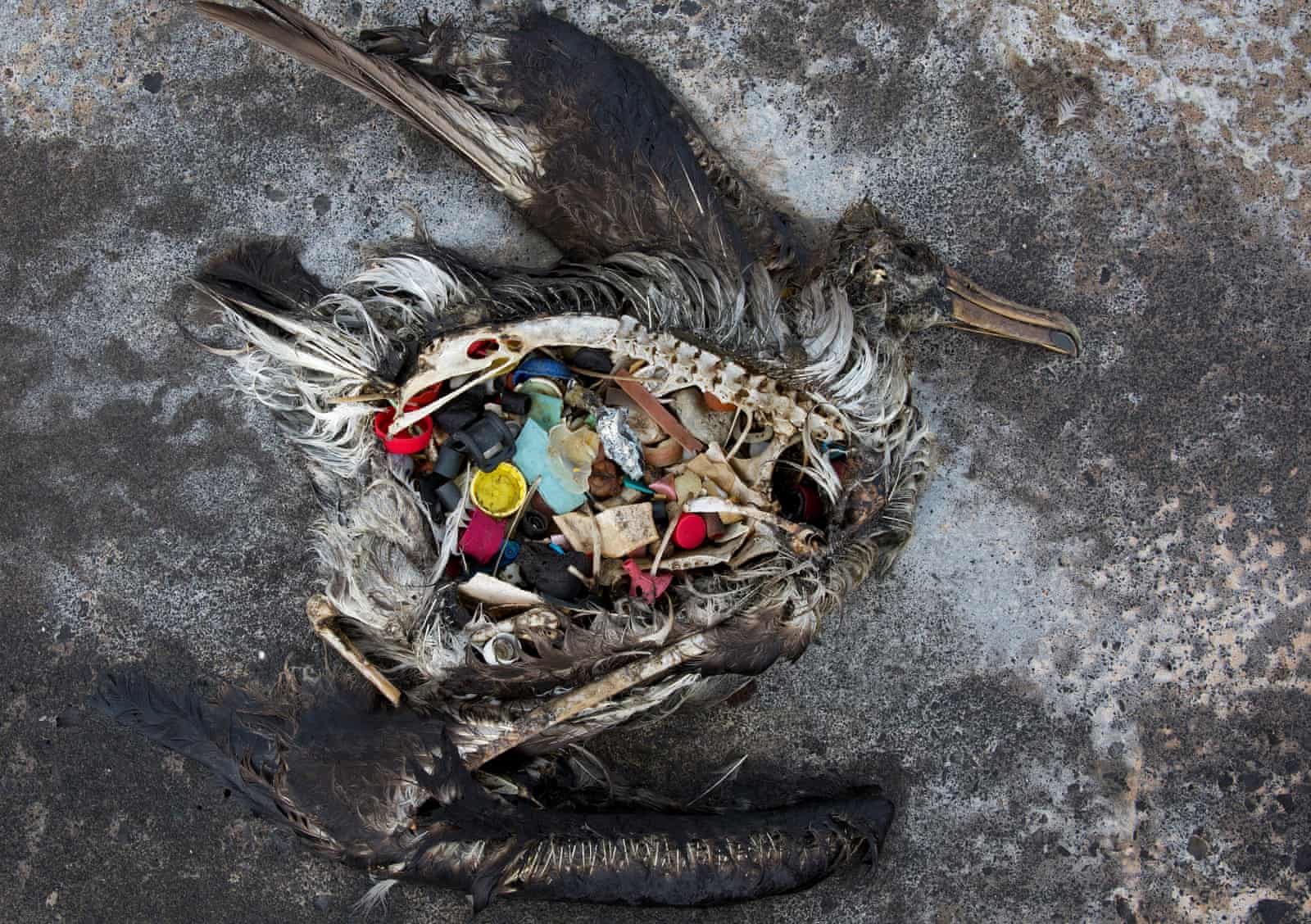Coffee is one of the
most consumed drinks in the world. According to Statista, there is a 13% increase in coffee
consumed worldwide in the past five years, and just last year, more than 9
billion kilograms of coffee had been consumed. While consumers mostly benefit
from the coffee industry, producers of coffee beans are often at the losing
end, as they suffer different damages that accompany coffee production
(from Chanakya and Alwis, 2004; UNEP, 2021). Hence in this first installment of the Coffee Farming series, I would be investigating
the damages experienced by the local coffee plantation workers in Vietnam, as a result of
pollution during farming.
This week, we will be discussing the origins of kopi - a traditional cup of coffee that many Singaporeans recognize. As such, we will focus on Vietnam's coffee plantations, which is the largest producer of robusta beans that is essential to a cup of kopi.
According to the United Nations Environment Programme (UNEP), about 80-90% of the robusta beans are produced by multiple smallholders, with the main goal of turning high yields of coffee cherries into profits. The prevalence of unfavourable soil conditions, however, inhibited the smallholders from achieving their goals. While the article aptly identified several causes for the poor soil conditions, emphasis ought to be placed on the smallholders’ lack of agricultural knowledge, which resulted in overfertilization of soils, and hence the low cherry yields. Fertilizers mainly consist of nitrogen and phosphorus, which are known to promote plant growth. As such, it seems justified that farmers associate more fertilizers with higher cherry yields. However, overfertilization causes these nutrients to leach into and pollute the soils, causing the land to be less fertile. This kickstarts a negative feedback loop, as unknowing farmers continue fertilizing the lands in hopes of higher yield. Besides soil pollution, excess nutrients may dissolve and contaminate the waters, endangering people's health and contributing to the 150 million USD damage to the economy. Hence, education on agricultural techniques is essential to prevent further damages on the regional scale.
This first of the Coffee Farming series briefly explored how ignorance towards farming techniques can lead to regional soil and water pollution, which negatively affects the farmers, the people, and the economy in Vietnam. In the next post, we will explore how the farms cause pollution on a global scale, so stay tuned!


No comments:
Post a Comment